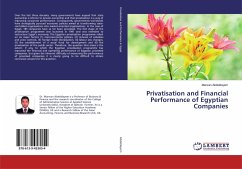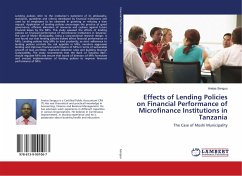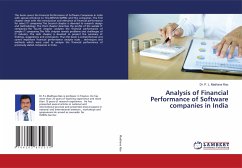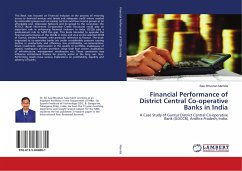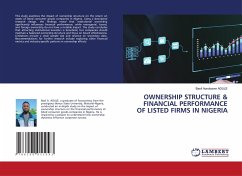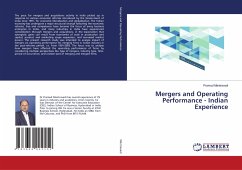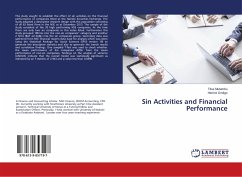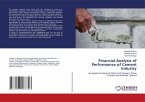Over the last three decades, many governments have argued that state ownership is inferior to private ownership and that privatisation is a way of improving corporate performance. Consequently, governments worldwide have strategically pursued economic policies aimed at transforming state-controlled organisations into market-oriented organisations. In the case of Egypt, 185 companies have so far been privatised. The first stage of the privatisation programme was launched in 1991 and was intended to restructure Egypt's economy. The Egyptian privatisation programme relied on six major factors (1) macroeconomic policies, (2) removal of subsidies and price controls, (3) foreign trade liberalisation, (4) labour law changes, (5) the establishment of a social fund for development and (6) the privatisation of the public sector. Therefore, the question that arises is the extent, if any, to which the Egyptian privatisation programme has improved the financial and operating performance of Egyptian privatised companies, but given the inherent difficulty of measuring the performance of privatised companies it is clearly going to be difficult to obtain conclusive answers to this question.
Bitte wählen Sie Ihr Anliegen aus.
Rechnungen
Retourenschein anfordern
Bestellstatus
Storno

